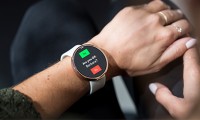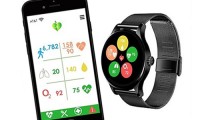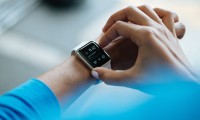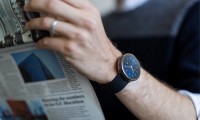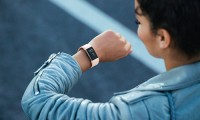-
iBeat Raises Investment for its Continuous Monitor mHealth Wearable; Heart Watch
- Source: MobiHealthNews
- 1,289
- June 8, 2018
-
Pneumonia Detection mHealth Wearable
- Source: mHealth Intelligence
- 1,213
- June 5, 2018
-
Ava Raised $30 Million in Funding for Pregnancy Tracker Health Wearable
- Source: drugdu
- 881
- May 31, 2018
-
LifePlus announces glucose monitoring wearable
- Source: Ddu
- 1,359
- May 18, 2018
-
Atrial fibrillation accuracy rates enhanced to 97 percent, study claims
- Source: Ddu
- 1,083
- May 14, 2018
-
Garmin Health partnering with the University of Kansas Medical Center on Innovative Digital Health Research
- Source: mHealth Intelligence
- 998
- May 3, 2018
-
iBeat’s $5.5M funding paves way for summer launch of cardio wearable
- Source: MobiHealthNews
- 873
- May 3, 2018
-
Fitbit will use Google Cloud to make its data available to doctors
- Source: Tech Crunch
- 1,130
- May 2, 2018
-
How do Clinical Wearables Impact Patient Care and Quality of Life?
- Source: Hit Consultant
- 1,297
- April 10, 2018
-
Tiny ‘hearing’ device is 100,000 times thinner than your eardrum
- Source: Engadget
- 1,501
- April 3, 2018
your submission has already been received.
OK
Subscribe
Please enter a valid Email address!
Submit
The most relevant industry news & insight will be sent to you every two weeks.

